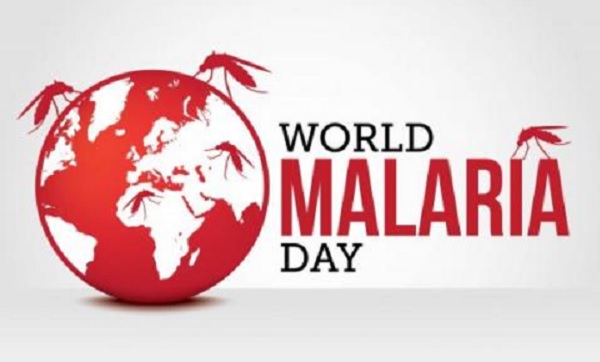
International Days
The United Nations (UN) has designated specific days, weeks, years and decades to mark particular events.
The aim is to promote, through awareness and action, the objectives of the organisation.
Advertisement
Usually it is one or more member states that propose the observance, and the General Assembly establishes that proposition with resolutions.
The celebrations are declared by the specialised agencies of the UN, such as UNESCO, UNICEF, FAO, etc., when they concern issues that fall within the scope of their competencies.
Some of them may be later adopted by the General Assembly.
The existence of international days predate the establishment of the UN.
However, the organisation has embraced them as powerful advocacy tools.
There are as many as 204 days currently observed by the members.
The fact that many of them relate to the environment (air, water, forests, trees, the oceans, etc) indicates how important the environment is to the UN.
In recent times, we have had the UN Decade of Biodiversity (2011 – 2020) and currently the UN Decade of Ecosystem Services (2021 – 2030).
Essence
The essence of such days, weeks, years or decades is to draw attention to particular resources or development issues.
They are occasions to create awareness and educate the public on issues of concern.
Furthermore, they are used to mobilise political will and resources to address global problems while celebrating and reinforcing the achievements of humanity.
The period is used to highlight the importance of the resource and improve knowledge on it.
Awareness is raised about all types of resources, their benefits, utilisation, protection and challenges.
Member nations are encouraged to undertake local, national and international efforts to organise activities relating to the resources.
The UN, however, allows member states to adopt the date of the celebration to suit their particular circumstances.
Government and non-governmental organisations are expected to lead in organising or joining events celebrating the resource with symposiums, art exhibitions, photo competitions, student debates, quiz and media engagements.
Journalists and other writers produce scripts on the day, while the print and electronic media assist to carry the stories to inform, educate and entertain the people.
Others are asked to join the conversation on social media using specified hashtags and pass on some of the day's key messages or take photos of all matters relating to the particular resource in focus for the day and sharing them with the UN and its partners.
Significance
It is significant to note that all such celebrations come under specific government institutions in Ghana, and civil society organisations which are expected to lead in activities marking the events.
Henceforth, we all have to endeavour to support events marking days to fulfill the objectives of the UN.
Today, the UN commemorate Wetlands Day today, Thursday, February 2.
Ultimately, all have to know how to protect these resources.
Coordinator,
Forests, Biodiversity and Climate Change,
Frontier Institute of Development Planning (FIDEP).




